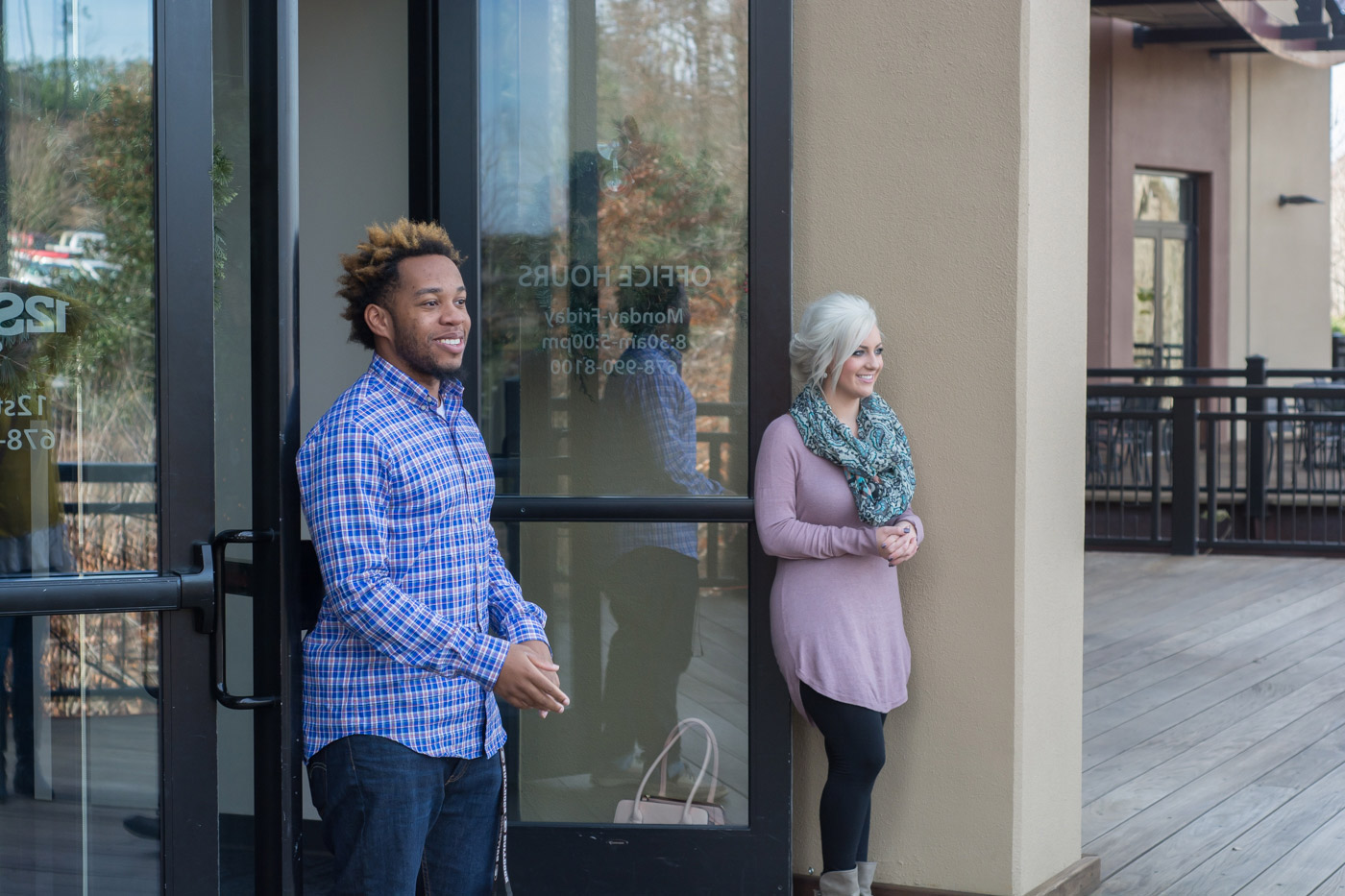Note From Dan: This is a guest post from Chris Martin, who writes over at MillennialEvangelical.com. I first connected with Chris through his insightful and provocative content. I thought, ‘hey, a young leader that is honest about millennials and is tech savvy!’ Cool! When I discovered he also has a heart for the Kingdom, I was hooked. I think you’ll find value in this guest post.
What if I told you that you could fill your church with Millennials in three easy steps?
I’d be lying to you.
What about if I recommended you simply add some mood lighting to your worship, order some organic, fair trade coffee for your baristas, wear lots of plaid on stage, and then you’d have Millennials lining up down the block to worship Jesus?
Nope. Still lying.

What if I told you that by carefully studying Millennials and clearly teaching the gospel, you may be able to reach and serve more Millennials than you would otherwise?
Now we might be on to something.
My name is Chris Martin, and I blog at MillennialEvangelical.com. I live in Nashville, TN and worship at Fairview Church, just outside of Nashville, which also serves as an extension campus of the seminary through which I am earning my M.Div.
In my study of Millennials and their interaction with the Christian faith, I’ve noticed some trends about what Millennials like and do not like when it comes to the gathering of the local church.
Before we continue, I need to be clear: when I say “Millennials think” or “Millennials want” or something like that, I simply mean, “Generally speaking, based on statistics, Millennials __________.” Do not read me as speaking for every single last person born between 1980-1995 (or 2000)—I am simply generalizing based on statistics.
Here are just three things many Millennials want in a church:
1) Intentional Community
Millennials tend to be averse to institutions. They often avoid unconditional allegiance to political parties, they’re putting off the institution of marriage, and they are less likely to be involved in the institutional church. The institution of the church is no longer culturally or socially attractive in America for many young people.
Pitch the local church as a hub for friendships, not a hub for programming. Programming has its place, no doubt about it. But, Millennials are likely going to attend church events like game nights and block parties for the social opportunities more than for the event itself.
Also, groups have never mattered so much in the local church. Have a healthy groups culture. Young people may come for the coffee and smoke machines, but they’ll stay for the community.
2) Rich Diversity
According to the Pew Research Center, 43% of Millennials are non-white, which makes them the most diverse generation in American history. That is remarkable. I’ve heard this saying in a number of ways, but it holds true in this particular situation: “You’ll reach who you are.”
Millennials value diversity, and not only regarding race. When you’re engaging other ideas, cultures, world views, races, or otherwise, Millennials will appreciate the church treating people of all creeds and colors with respect.
3) Social Service
Millennials are more interested in causes and social justice efforts than their parents or grandparents ever have been. Many evangelical churches are wary of engaging in social justice efforts so as not to slip into a sort of “social gospel” stream, which is understandable. But, we cannot let the missteps of others paralyze the church from serving the needy in the community.
According to a study done by Deloitte consulting, 75% of Millennials believe businesses are focused on their own agendas more than on improving society. The local church is not a business, but it has an agenda, which is sharing and showing the love of Jesus. If the local church is to attract Millennials, it ought to show the love of Jesus through caring for the lowly in its community.
One Thing They Need
Whether or not your church provides all or none of the things Millennials want, your church must provide the one thing Millennials need, and even if they don’t say they need it: clear gospel teaching. Sometimes, for young people, the “sermon” part of church feels as obligatory as eating their vegetables, but no matter what you do when you are trying to reach Millennials, you mustn’t let their “wants” distract from their primary need, and that is the clear teaching of the gospel of Jesus.

Chris, great post! We have many college students and young adults in our church, and I find this to be right on. This generation is so exciting to work with because of those three descriptors. And, I think these three things also result in Millennials having a strong theological curiosity, which stretches across denominational lines, and grounds them deeply in the core teachings of the faith, while not separating them through denomination-specific teachings.
Yes! Amen. Thanks Jeff.
Great thoughts – and great suggestions for a church of multiple generations. We all need community, we all need genuine diversity (which maybe a new challenge to some) and we all need to know that we can make a difference through our service to others. Good stuff!
Thanks for your comment Al! And we do all need genuine community!
Amen! Thanks Al.